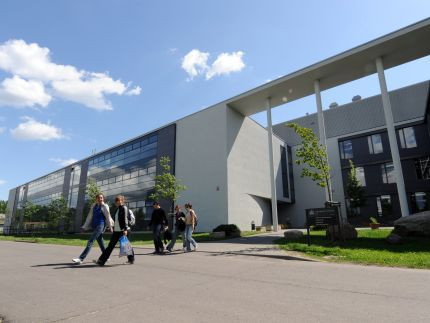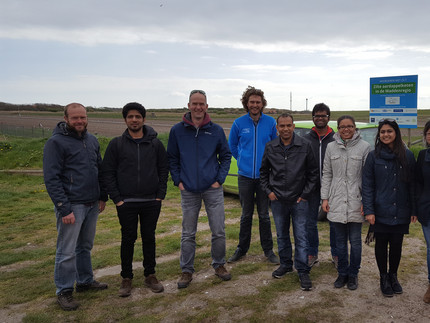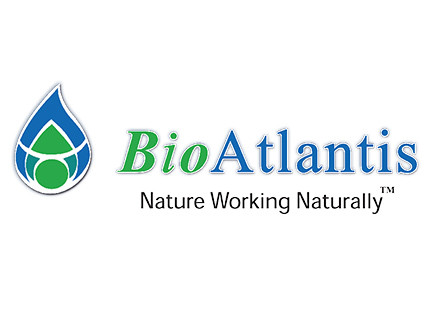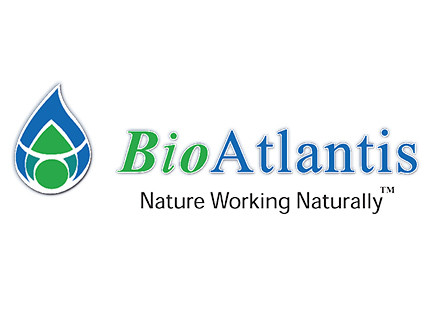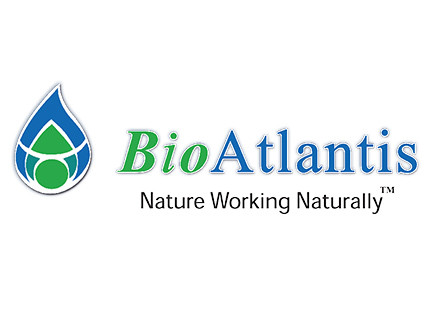Courses, workshops and conferences
Course High-throughput transcriptional analysis and metabolomics
Potsdam, Germany, 26-27 August 2015
This course was organised within the EU project PlantAgeing (612630) in August 2015 at the venue of Potsdam University and became a part of the planned trainings in CropStrengthen.
Lecturers:
Dr. Alisdair R. Fernie, Max Planck Institute of Molecular Plant Physiology (MPIMP), Potsdam-Golm, Germany
Prof. Dr. Bernd Mueller-Roeber, UP
Dr. Dirk Walther, MPIMP
Prof. Dr. Frank Van Breusegem, Gent University and Flanders Institute of Biotechnology, Gent, Belgium
Assoc. Prof. Dr. Milen Georgiev, Institute of Microbiology, Bulgarian Academy of Sciences, Bulgaria
Prof. Dr. Paul P. Dijkwel, Massey University, Palmerston North, New Zealand
Dr. Sebastian Proost, MPIMP
Prof. Dr. Stefan Hörtensteiner, University of Zurich, Switzerland
Dr. Tamar Avin Wittenberg, MPIMP Assoc. Prof. Dr. Tsanko Gechev, IMBB
Dr. Zoran Nikoloski, MPIMP
Course Abiotic Stress Phenotyping
Enkhuizen - Wageningen - Texel, The Netherlands, 19-20 April 2017
Students visited Keygene in Wageningen and got insights in the Keygene Phenolab facilities.
Marco van Schriek introduced the topic of Digital phenotyping. The group focuses on developing high-throughput solutions for phenotyping. Phenotyping is one of the most important aspects of any experimental design for plants. Dealing with large number of plants can be a challenge to phenotype robustly and efficiently.
Dr. Ivo Rieu from Radboud University in Nijmegen gave a lecture on "Too hot to handle: Dissecting reproductive heat tolerance in plants" with the topics Heat stress in pollen of tomato, QTL mapping to identify heat stress locus in tomato.
Prof. Christa Testerink from University of Amsterdam gave a lecture on "underground phenotypic plasticity of plants in response to salinity revealed" with the topics Plant root system, Phenotypic changes under salt stress, Robust root phenotyping using automated imaging.
Additionally, participants of the course visited the Salt Farm, Texel. They get introduction on the technical details of open-air laboratory, about its location and working principles behind this idea. The facility has been constructed to set up desired experimental conditions of the soil salinity level for precise identification of salt tolerant varieties under different salt regimes. Soil salinity level is managed by mixing seawater and fresh water to set up any desired salt concentration. To conserve soil and maintain steady salt gradient, root zone salinity is regularly monitored by taking precise measurements for soil electrical conductivity and other parameters by random soil sampling and sensors.

